
But it’s never easy, groups said. Consider, for example, how now-defunct publishers might add a wrinkle to ownership questions with some books involved in the litigation. Or how rightsholders might be affected if they only own a portion of a work, like a chapter or inserts in academic texts. The district court apparently didn’t even consider “what will be done with authors who are dead and whose literary estates hold rights split across multiple parties.” There are also many so-called “orphan works,” where “identifying rightsholders to address ownership questions will be impossible.” If the class action moves forward, groups warned that the court may have to review “hundreds of mini-trials to sort out these issues.”
Further, some authors may never even find out the lawsuit is happening. The court’s suggested notification scheme “would require class claimants to themselves notify other potential rightsholders,” groups said, overlooking the fact that it cost Google $34.5 million “to set up a ‘Books Rights Registry’ to identify owners for payouts under the proposed settlement” in one of the largest cases involving book authors prior to the AI avalanche of lawsuits.
Additionally concerning, the court suggested that it was acceptable to certify the massive class because any authors who did not want to join could opt out. But groups warned that a lackadaisical approach put authors who may never hear about the lawsuit—and perhaps would have litigated their claims differently—in a difficult position, therefore serving as “an inadequate answer to a fundamental fairness problem in the formulation of the class and the due process concerns of absent class members.”
Some authors and publishers are “already at odds over AI,” which may further complicate these cases, if one side representing legal owners (usually publishers) wants to join but beneficial owners (usually authors) don’t.
Simply put, “there is no realistic pathway to resolving these issues in a common way,” advocates said, despite the district court seeing a common question in Anthropic downloading all their books. And authors ultimately risk sustaining the cloud of uncertainty over AI training on copyrighted materials by seeking a path likely to force settlements.
“This case is of exceptional importance, addressing the legality of using copyrighted works” for generative AI, “a transformative technology used by hundreds of millions of researchers, authors, and others,” groups argued. “The district court’s rushed decision to certify the class represents a ‘death knell’ scenario that will mean important issues affecting the rights of millions of authors with respect to AI will never be adequately resolved.”


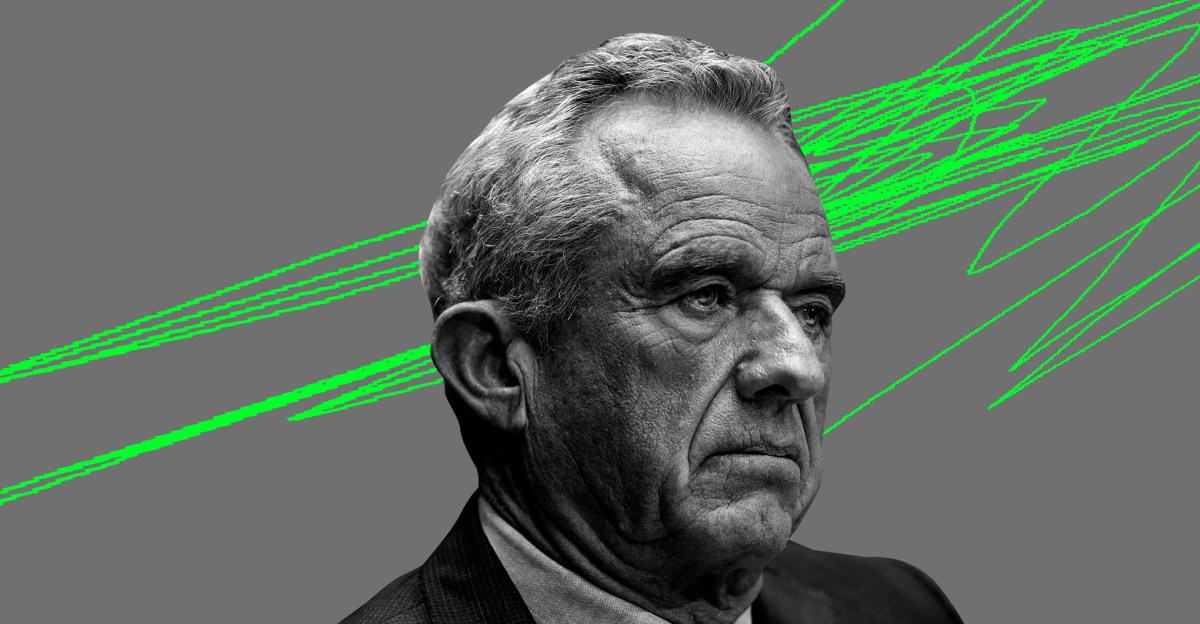
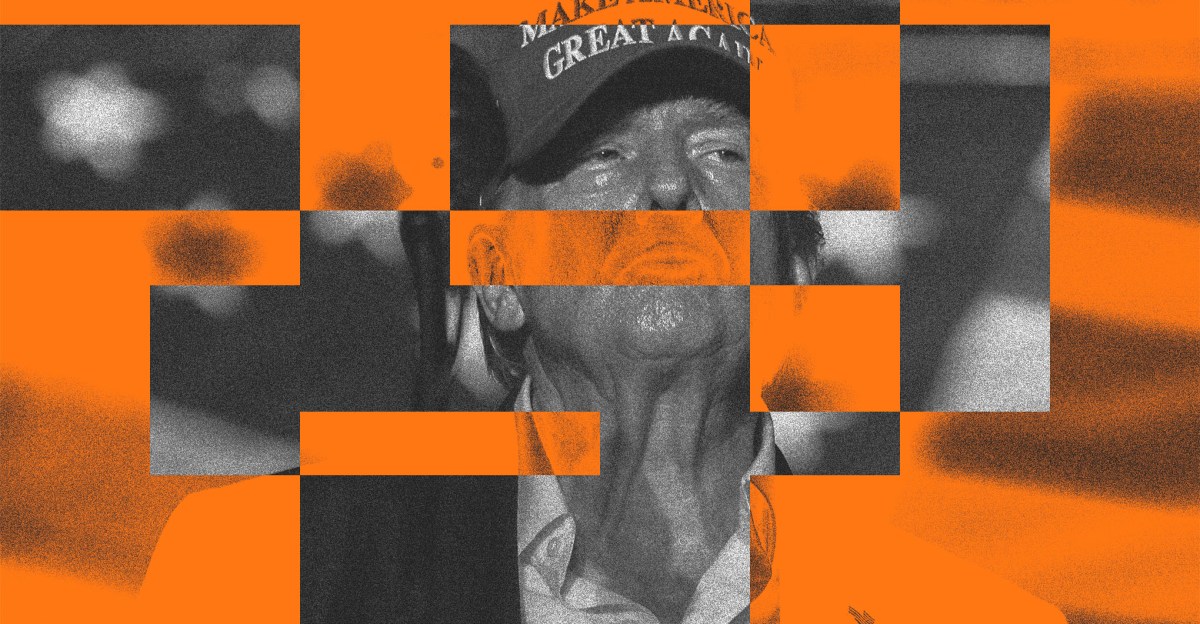

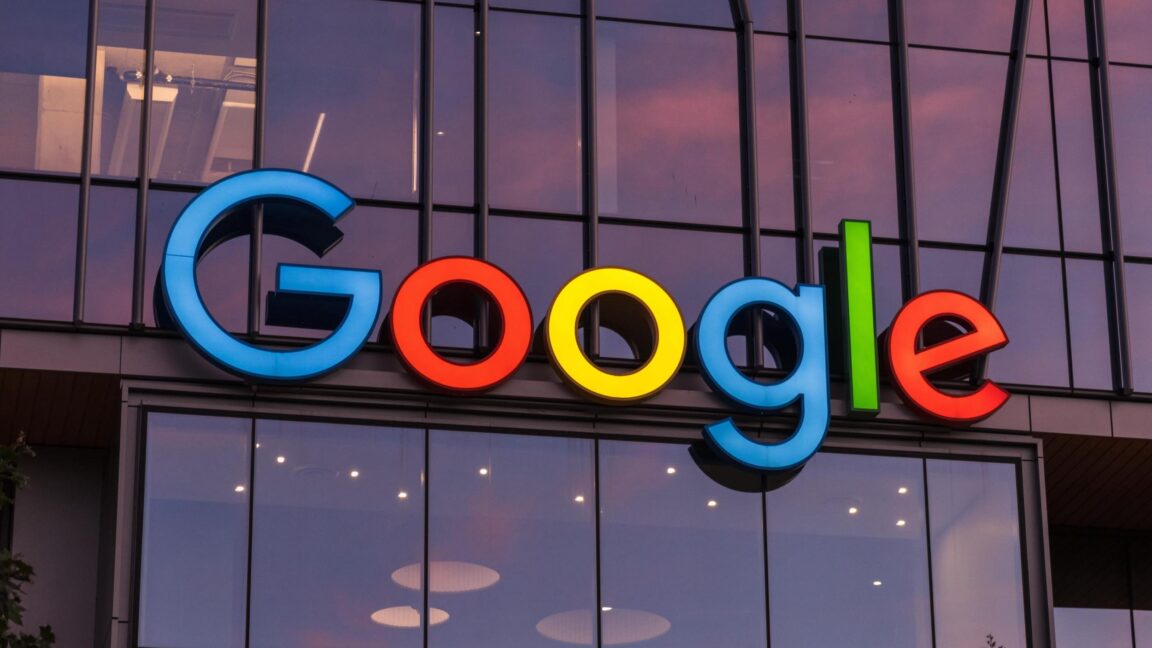



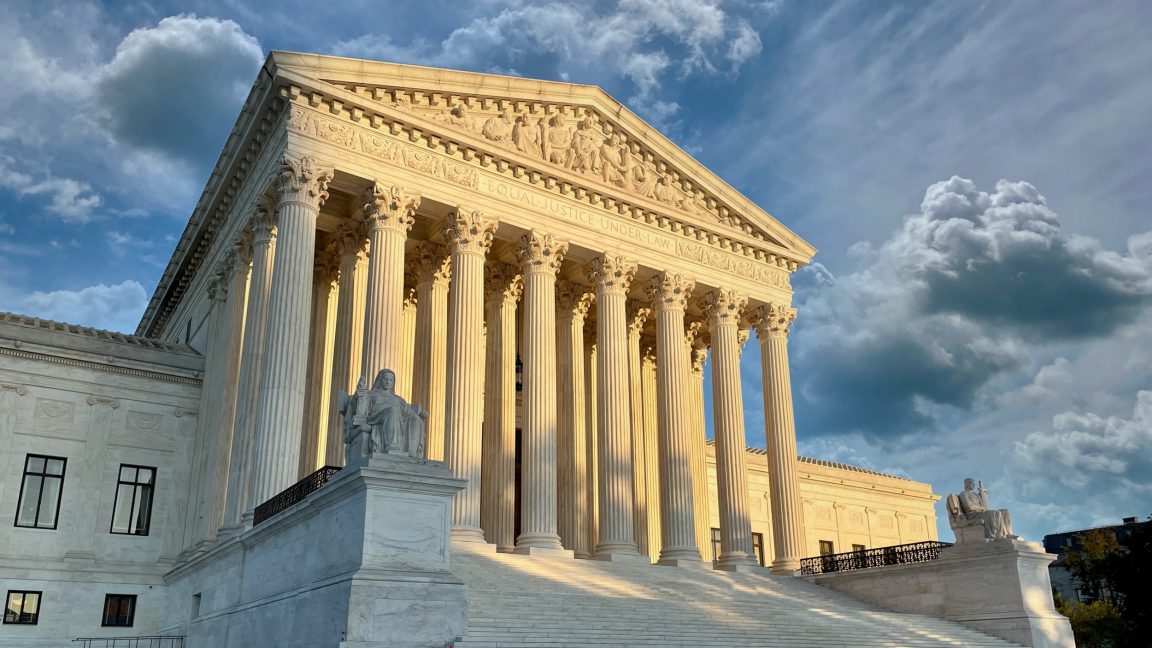

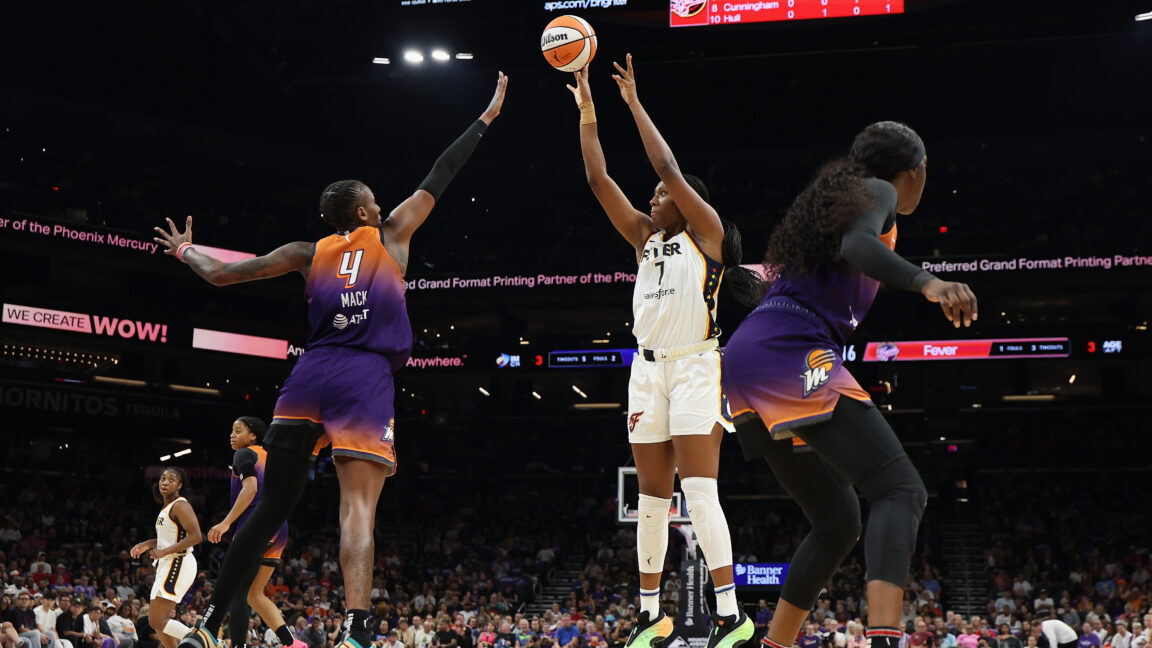
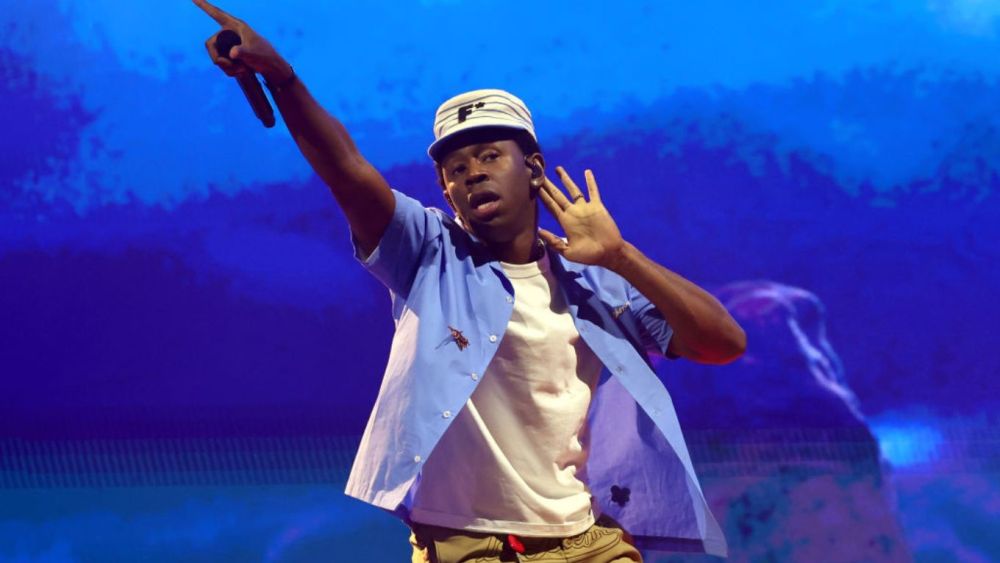


Leave a Reply